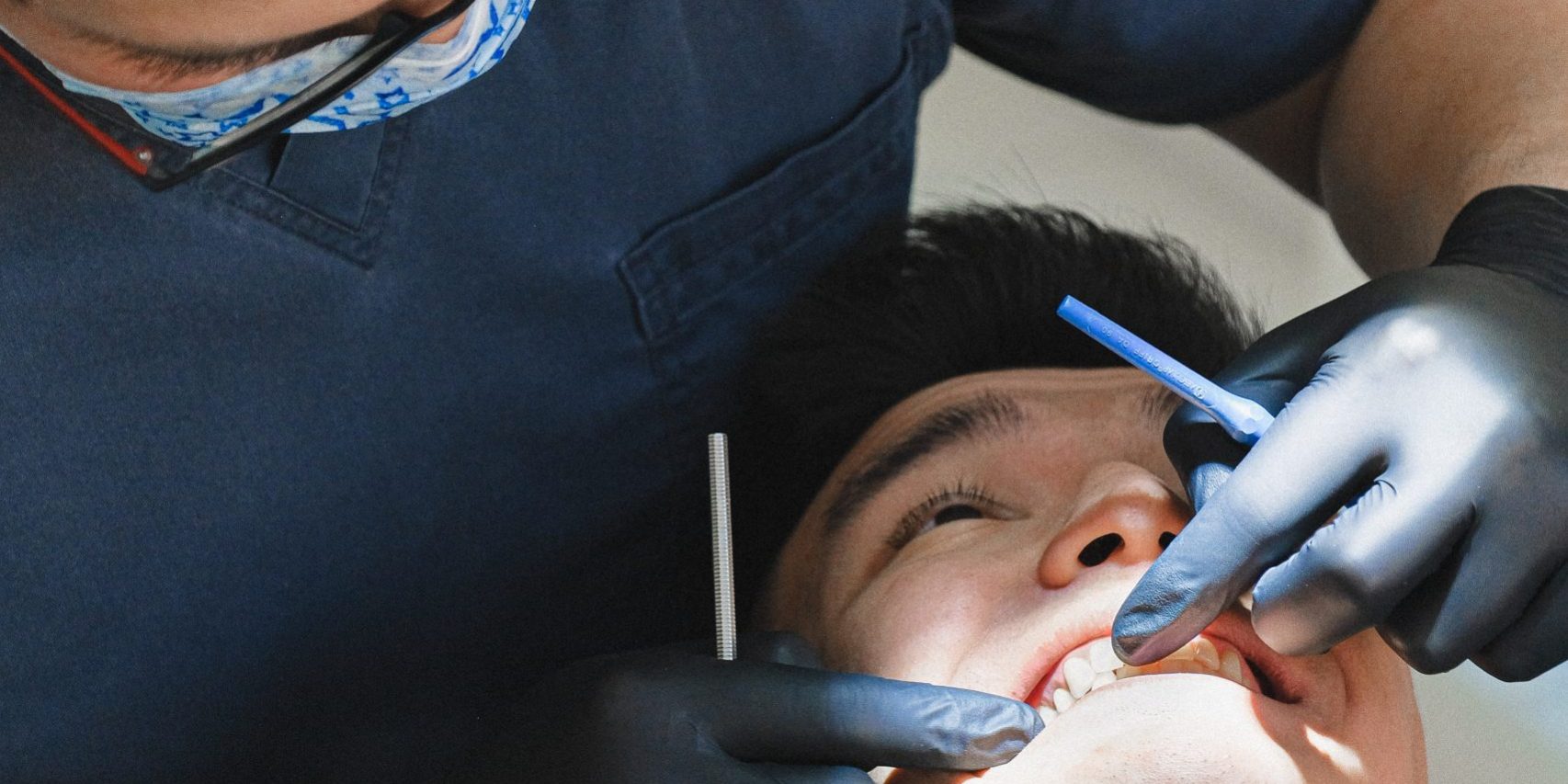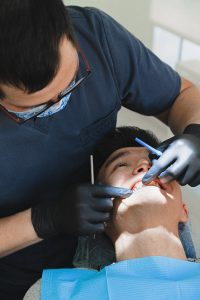In most of our lifetimes, we will all need the services of a dentist. This blog is intended to help you determine the right dentist for your needs.
First, a basic overview on dental degrees. The DDS (Doctor of Dental Surgery) and DMD (Doctor of Dental Medicine) are both dental degrees. They are awarded upon graduation from a dental school to become a General Dentist. The majority of dental schools award the DDS degree; however, some award a DMD degree. The education and degrees are by and large, the same. After graduation, dentists have to become licensed in the state(s) they wish to practice in. Each state has different requirements for licensure and continuing education.
See each state’s requirements at https://www.ada.org/en/education-careers/licensure/licensure-dental-students/state-dental-boards
Dentists work with a team of people such as, dental assistants, dental hygienists and administrative staff to help deliver oral health care. These allied professionals generally work alongside the dentist within the dental practice setting and are in direct contact with the patient (under the supervision of the dentist).
Dentists utilize the professional skills and knowledge of dental laboratories that employ dental laboratory technicians for restorative, orthodontic and cosmetic dental work. Oftentimes, dental laboratory technicians are working behind the scenes as part of the oral health care team to provide patients with dental restorations, such as crowns, bridges, veneers, dentures, and orthodontic appliances. To gain a better understanding of the role of dental laboratory technicians visit www.nbccert.org and https://nadl.org/certification/dental-lab-career.cfm. For more information on questions to ask your dentist regarding the dental laboratory and dental technician they work with, visit https://dentallabs.org/who-makes-your-crown/.
In this blog, we will cover just a few of the different areas of discipline.
General Dentist
A General Dentist is in effect a family dentist and provides patient’s oral health care on a regular basis. This is the most common type of dentist and the majority of their work revolves around important preventative oral care. This includes regular dental cleanings, dental X-rays, and educating patients about proper at-home oral care. General Dentists are also responsible for restorative oral care. They are also monitoring the health of your mouth, neck, and head so ensure there are no issues.
Here are three good resources to find a General Dentist:
American Dental Association https://findadentist.ada.org/
Academy of General Dentistry https://www.agd.org/practice/tools/patient-resources/find-an-agd-dentist/
American Academy of Cosmetic Dentistry https://www.aacd.com/profiles
Orthodontist
You may know Orthodontists as the ones who install braces, but their care extends much farther beyond that. Orthodontists focus on righting misaligned teeth, jaw bones, and other supporting facial structures for both cosmetic and functional reasons.
To find an Orthodontist visit the American Academy of Orthodontists at https://www.aaoinfo.org/.
Oral and Maxillofacial Surgeons
Oral and Maxillofacial Surgeons focus on the hard and soft tissues found in and around the mouth. These tissues include the gums, cheeks, lips, hard palate, soft palate, tongue, and facial tissues. Surgeons receive additional training after dental school and thus perform more complex surgeries than other dental professionals.
To find an Oral and Maxillofacial Surgeon visit https://www.aaoms.org/.
Prosthodontist
Prosthodontists are responsible for providing oral prostheses that replace damaged, decayed, or missing teeth. Restorations can include crowns, bridges, dentures, dental implants, and veneers.
To find a Prosthodontist visit:
American Prosthodontic Society https://www.prostho.org/about/find_aps_member/
American College of Prosthodontists https://www.prosthodontics.org/
About the Author
 Bennett Napier, MS, CAE, is a Certified Association Executive and serves as Chief Staff Executive of the National Association of Dental Laboratories. Napier has been involved in the dental industry since 1994 having served as a Chief Staff Executive for state and national organizations in both dental hygiene and the dental laboratory industry. Prior to his career in association management, he worked in Washington DC, as a congressional assistant and policy analyst for a foundation.
Bennett Napier, MS, CAE, is a Certified Association Executive and serves as Chief Staff Executive of the National Association of Dental Laboratories. Napier has been involved in the dental industry since 1994 having served as a Chief Staff Executive for state and national organizations in both dental hygiene and the dental laboratory industry. Prior to his career in association management, he worked in Washington DC, as a congressional assistant and policy analyst for a foundation.









Some dentists specialize in orthodontics, which involves correcting misaligned teeth and jaws.
Finding the right dentist is crucial for your oral health. This blog offers insights into choosing between DDS and DMD professionals and highlights the importance of state licensure. Visit ADA’s state dental boards link for specific requirements. Ensure your dentist’s team, including assistants and hygienists, meets your needs for comprehensive oral care.